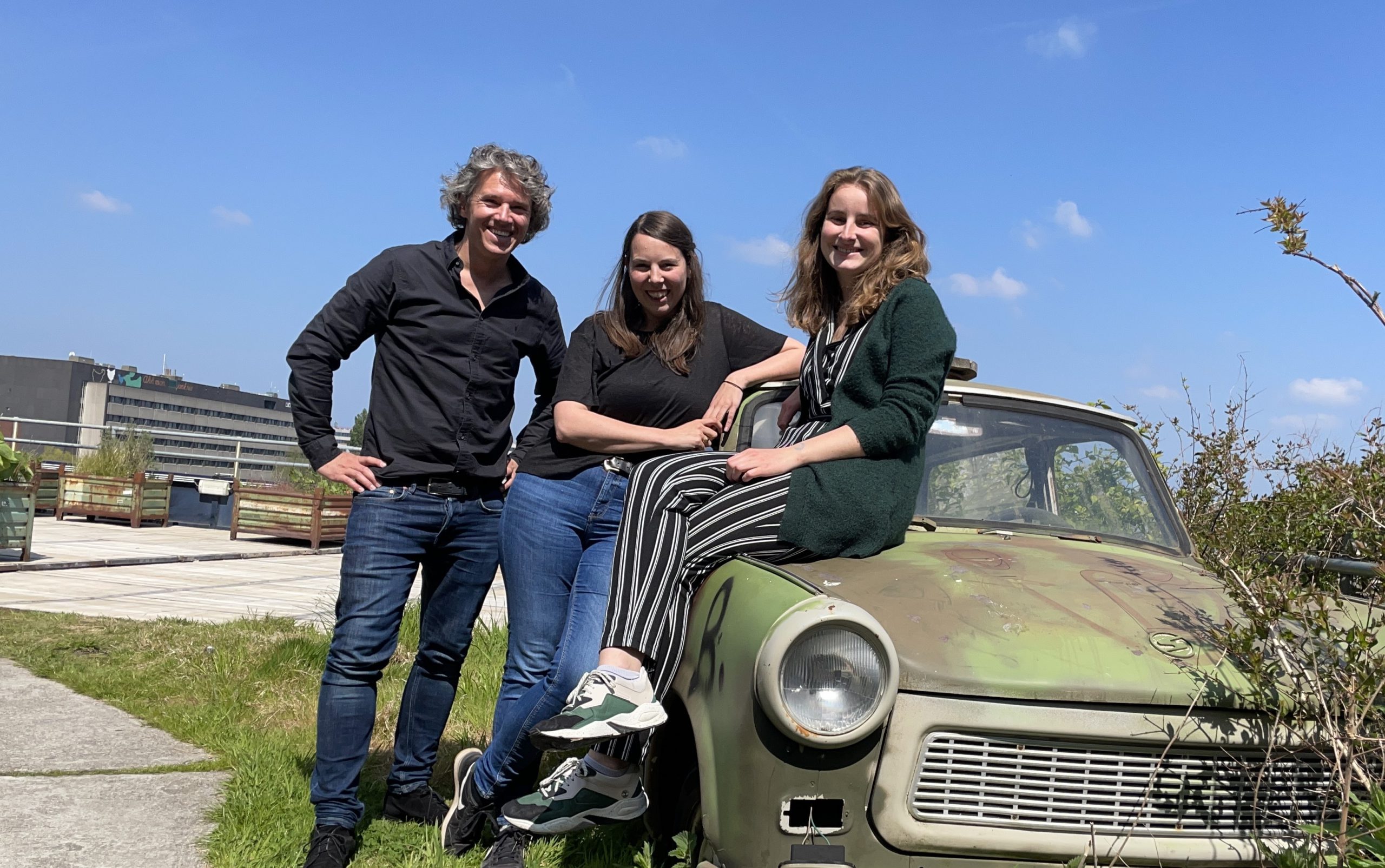New consultancy Mahout is the connecting force in data-driven transformations

Mahout works for organizations that want to become more customer-centric. These organizations range from well-known top brands to small heroes within various sectors. What they all share is a desire to put their end customers at the center by using data effectively. The end customers can be consumers, but also, for example, donors or companies.
From data solutions to actual impact
That pain of not delivering on the promise of data is felt in many organizations, Esther Lietaert Peerbolte explains. “We have seen it go wrong so many times in our careers at VODW, EY, MIcompany and IBM,” she says.
“A smart data team builds an advanced model or other innovative data solution that should start adding incredible value for both the organization and its customers. Everyone is excited and the solution is well put together technically, but in the end little comes of it because it is hardly used in practice. That’s a shame.”
“It’s clear that there’s a roadblock somewhere, but it’s generally not in the technical details,” Viola Neumman adds. “Even though these can get very complicated, there are plenty of experts and consultancies who have mastered the technical development of data products. What goes wrong is successfully landing the data applications in the broader context of an organization to create actual value.”
It’s clear that there’s a roadblock somewhere, but it’s generally not in the technical details
Viola Neumann
Data Strategist
A people-centered transformation
The possible causes of failure are diverse and often have many interdependencies. Says Kraal, “It may be that the marketing or data strategy is not clear, the data and business teams are not getting along well enough, or management is not providing the right incentives, to name a few causes. We’ve seen it all.”
“This is what makes it so complex. No two organizations are the same. So there is no quick, one-size-fits-all solution either. To achieve truly data-driven operation and decision making, each organization has to take its own unique journey.”
Lietaert Peerbolte adds: “And then it’s extremely important to remember that it’s primarily a transformation of people. Not of data or IT.”
“Yet the responsibility of such a transformation is still regularly assigned to the data or IT team. This is not ideal. After all, it’s an issue that affects the entire organization. If you want to become more data-driven as an organization, it requires an organization-wide transformation. That’s where we help.”
A dream to do things differently
So what makes Mahout different from most data consulting firms? “We can also build smart data solutions, but quite honestly: there’s many others that can do just that. That’s not what sets us apart,” Neumann acknowledges.
“Our unique strength lies in the combination of our expertise in data and technology on the one hand and our holistic strategic view, people-focused transformational power and contagious enthusiasm that gets organizations moving,” she explains.
It's extremely important to remember that it's primarily a transformation of people. Not of data or IT
Esther Lietaert Peerbolte
Data Strategist
“A broad view and putting people first: it’s so obvious. It should be a dime a dozen, but it does not yet appear to be the case in practice.”
Connection as a starting point
‘Connection’ is an important word for Mahout. It not only describes Mahout’s role within organizations, but is also central to how Mahout’s founders build their own team.
Neumann explains, “We believe in mutual connection as the starting point of a welcoming and excelling team. Specifically, that means we spend a lot of time getting to know each other, learning with and from each other and energizing each other. At least every Friday at our home base at B. Amsterdam.”
Data, not entirely surprisingly, plays a key role in this. “Under the motto ‘practice what you preach,’ we at Mahout use data to be people-oriented. For example, we fill out a weekly questionnaire with both quantitative and qualitative questions about how our week has been. We use this as a means to reflect on how much energy we get out of our work, whether we’re doing the right things as a team and how fit we feel.”
“The main reason we do this: it lowers the threshold for discussing difficult things and ensures that we not only stay well on track, but also keep each other healthy and happy.”
Enthusiastically, Neumann concludes, “We are very proud that things are going so well now that we can start growing substantially!”
This article was created in collaboration with Consultancy.nl and was previously published on this platform.
